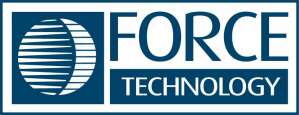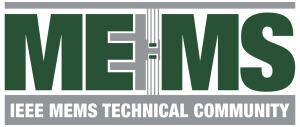A data room is a virtual repository which helps in the management of documents, communicating with them and processing them. It utilizes an encrypted platform for this. It is typically used during due diligence and aids fundraising efforts for startups. The data that is shared through the data room is typically company documents for organization, pitches, financial information or documents about people and market data. To ensure the security of data, startups must be cautious when sharing proprietary information like code or trade secrets.
Investors can access every document or item that is in the data room, but it must be clear and well-labelled to make it easier for them to locate specific items. It is also a good idea to separate the different information into distinct stages. Stage 1 data rooms could contain documents such as pitch decks, product plans and strategy documents to provide investors a comprehensive overview of your company, while stage 2 data rooms may contain more sensitive information such as legal agreements and HR documents.
It’s also a good idea to include any customer references in the data room. This could be a deciding factor for certain investors. This will save investors the hassle of contacting these customers, as they can read the notes in the data room. It is also worth including any intellectual property information in the data room because it is a critical area that VCs are looking for. This includes filings, patent numbers and trademarks.









